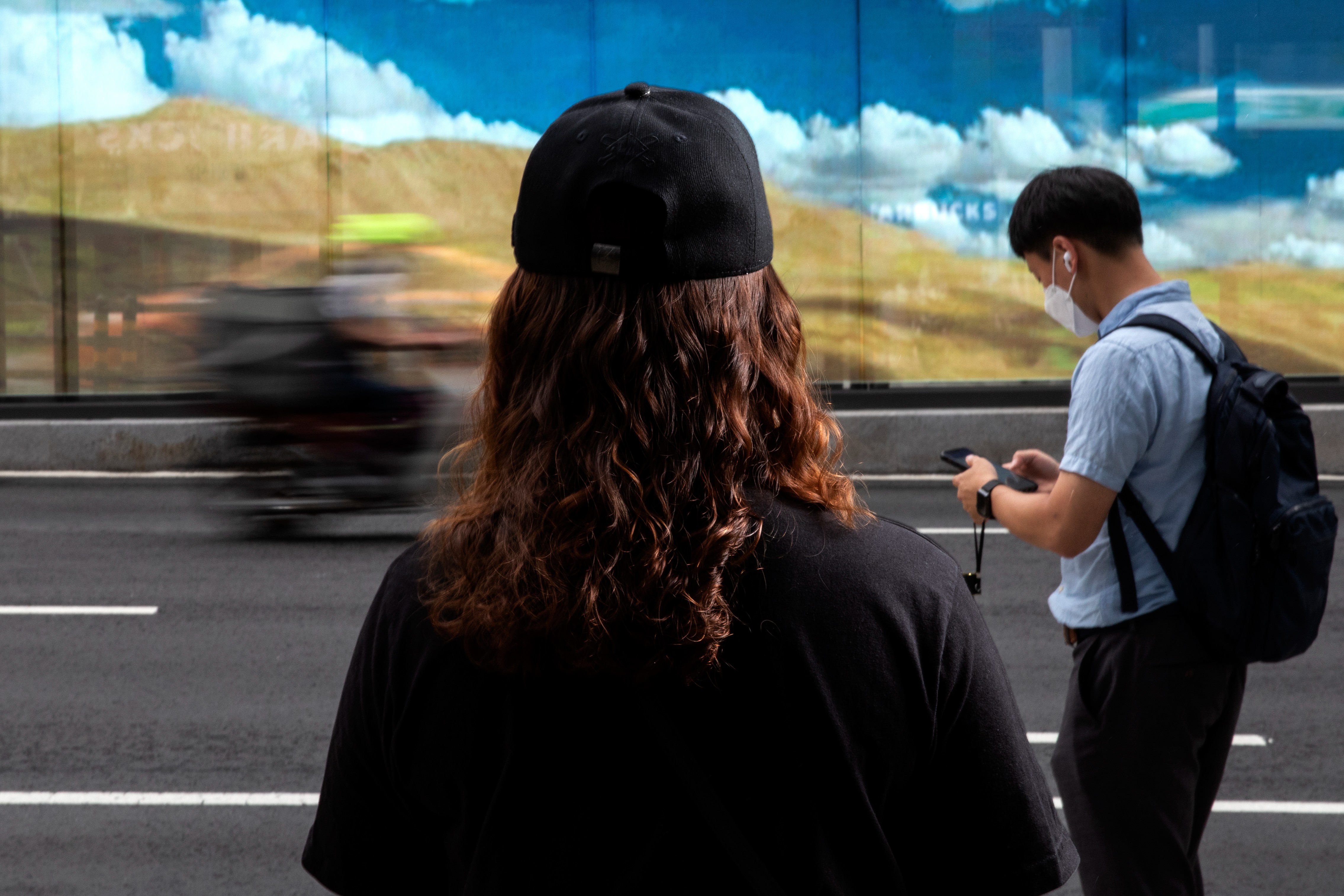[Sept] North Korea’s outspoken Millennials
Date Sep 01, 2021
 Kim Eun-nim, who fled from North Korea in 2017. Photo by Choi Won-suk
Kim Eun-nim, who fled from North Korea in 2017. Photo by Choi Won-suk
●North Korea’s Millennials are responsible family members, whereas their South Korean counterparts are more defiant and individualistic, according to one defector.
●While calling many back home cynical about their leaders, she believes collective action against the North Korean regime is unlikely.
Like Millennials in other countries, North Koreans in their 20s and early 30s have certain shared characteristics that distinguish them from their parents’ generation. Having grown up in the 1990s when North Korea endured a series of crises – the collapse of the Soviet Union, massive floods in the mid-1990s, the ensuing great famine and the cutting of rations – the North’s Millennials learned to take more initiative and make their own living.
“We’re not like our parents’ generation, who are passive and loyal to the Communist Party. People of my age complain when the Party tells us to do this or that because we believe we owe them nothing,” said Kim Eun-nim, a 29-year-old nursing school student. Born and raised in Hyesan by the border with China, she left North Korea on her own in 2017.
“I heard from my parents that their generation had relatively few worries about making a living because they received rations from the state when they were our age,” explained Kim.
North Korean Millennials are also known as the “Jangmadang Generation” in reference to the local farmers’ black markets that flourished during their formative years.
Another key factor has turned North Korean Millennials into practically a different species compared to their parents: They grew up watching dramas and movies that were made in capitalist countries.
“I’ve watched foreign dramas and movies since I was in elementary school. Not only South Korean dramas and movies, but also Chinese, Hollywood and even Bollywood movies,” said Kim. “Unlike other girls my age, I was not mesmerized by the good-looking South Korean actors. But I think it’s true that those dramas and movies did affect my way of life because I wished I could live in a free country just like the actors themselves,” she said.
While there’s a clear gap between Millennials and the older generation in the North, Kim said that their differences rarely pit them against each other.
“In North Korea, parents teach their children the basic dos and don’ts of life and sometimes nag them. North Koreans my age consider this part of typical parenting and try to follow their advice. But in the South, I feel that Millennials here are more defiant and spoiled,” she said.
She feels people in their 20s in the North are more responsible than their counterparts in the South, and that the former try to take on some of the burden that their families’ breadwinners shoulder. But in South Korea, she said Millennials seem more individualistic and self-centered and less concerned about their parents or siblings.
North Korean Millennials are depicted by some experts as agents of change. Thus, there’s no surprise that the “free-spirited, outspoken” Millennial generation has been perceived as a threat from within to North Korean leader Kim Jong-un.
In December last year, North Korea toughened the punishments for those who watch and circulate CDs and DVDs containing South Korean dramas and movies. Those found watching them can receive jail terms as long as 10 years, and distributors can face the death penalty.
In an op-ed for the Monthly Chosun’s August issue, YouTuber and former theater professor Jang Won-jae wrote that sanctions won’t be able to stop young North Koreans from watching South Korean dramas “because in North Korea there’s nothing fun and creative to do.”
When asked if the younger generation, imbued with a more capitalist mentality, could potentially organize collective action to stand up to the North Korean regime, Kim was skeptical.
“My parents’ generation was cautious and tried to watch their tongues even in private conversation, because they were aware of the consequences they would face should their criticism be revealed. But my generation is disillusioned with the regime and shares our feelings candidly when talking with friends. Nevertheless, holding a protest rally is a whole different story. I think young North Koreans are not ready to stand up against the regime, even though they are simmering with dissatisfaction inside,” she said.
**If you have any questions about this article, feel free to contact us at kocis@korea.kr.**

The Ministry of Culture, Sports and Tourism's "Korea Here & Now" work can be used under the condition of "Public Nuri Type 1 (Source Indication)."




